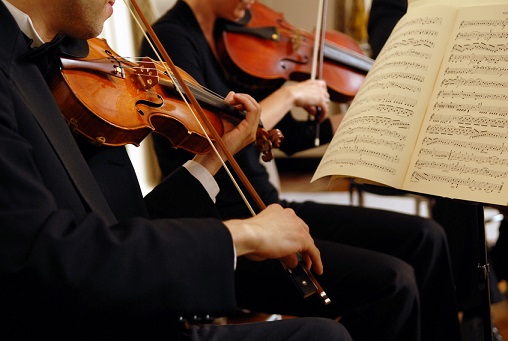
New research shows that an increasing number of schools removing music in the high school curriculum.
The study, by the University of Sussex in the UK, shows that music education is in rapid decline, particularly for secondary school students in Years 7 to 9.
Dr Ally Daubney, a senior teaching fellow in education at the University, found that a staggering 70% of music teachers reported often teaching outside their subject area to “fill gaps in core subjects”.
One factor that is impacting negatively on the provision and uptake of music education, according to the report, is the English Baccalaureate (EBacc).
“Having warned in 2016 that performance measures and funding cuts risk making music education in school extinct, our recent research highlights that the situation is now at crisis point in many secondary schools,” Dr Daubney said in a statement published on the University’s website.
“We need to act now in order to reverse this decline and find ways to support schools to offer a sustained music education for all.”
Duncan Mackrill, another senior teaching fellow at the University, said music’s place in the secondary Curriculum continues to be “precariously balanced” or “disappearing” in a significant number of schools throughout the UK.
“Without a change to require a balanced curriculum in all schools we are in danger of music education becoming in many cases the preserve of those who can pay,” Mackrill said.
Simon Gipson is the CEO of The Song Room, a national not-for-profit organisation which uses a range of programs to ensure that children across Australia have access to music and creative arts education.
According to Gipson, educators, policymakers and the community more broadly, all need to think more carefully about the value that the arts has in society.
“The arts and creativity allows us to envisage and reconceptualise the future we wish to have. It empowers us to think differently and causes us to be creative problem-solvers,” Gipson told The Educator.
“If we lose that capacity and don’t encourage it through our major agencies of learning, we’re condemned to have a very different society from the one we want.”


